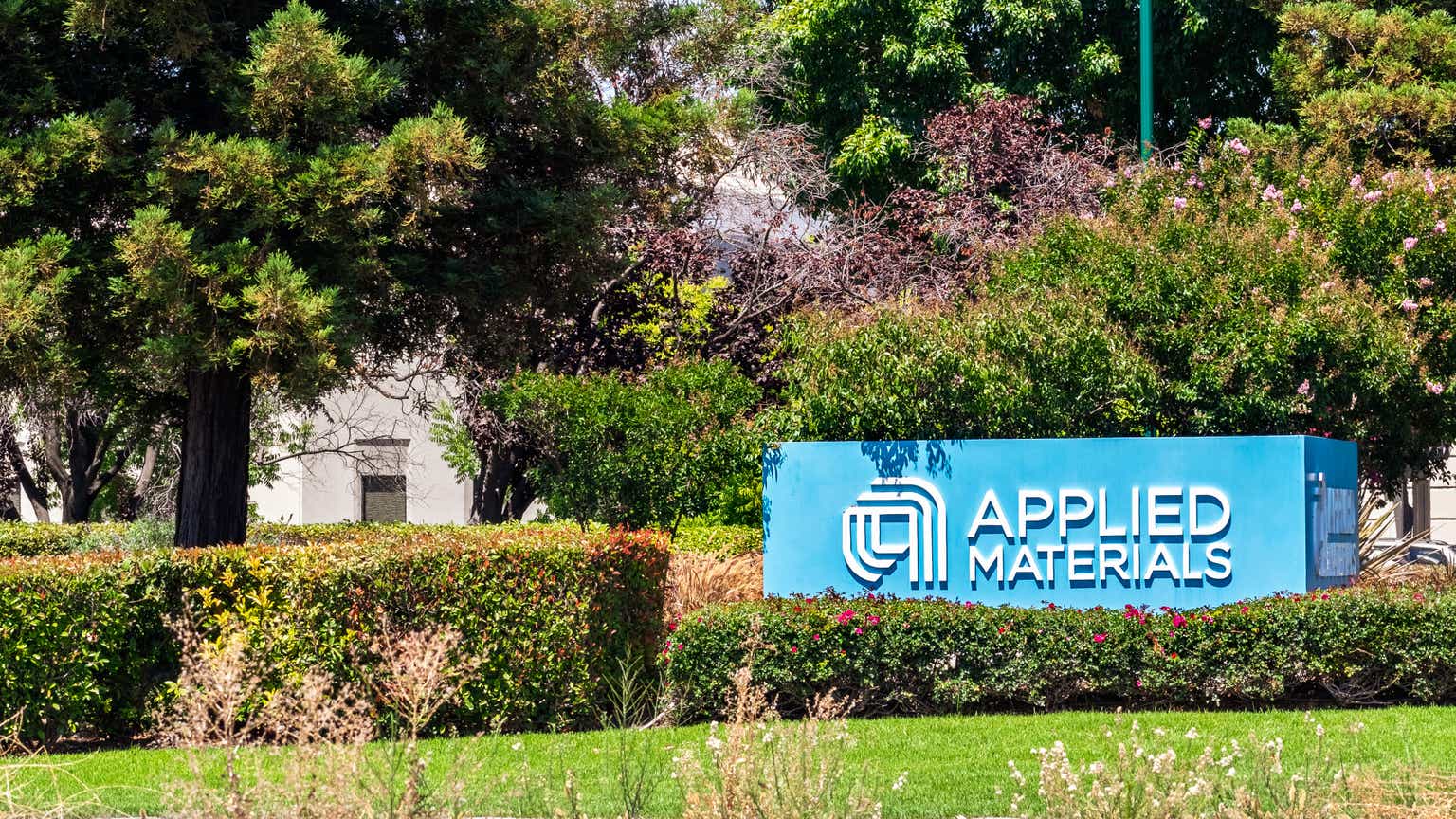


China's efforts to boost its domestic semiconductor industry and reduce its reliance on foreign technology have led to a surge in sales for chipmaking gear companies. The Chinese government has been investing heavily in the sector, providing subsidies and incentives to attract chipmakers. As a result, companies like Applied Materials, Lam Research, and ASML Holding are experiencing increased demand for their equipment in China. This growth comes at a time of rising tensions between China and the United States, with the US imposing restrictions on Chinese companies like Huawei. These restrictions have limited China's access to American technology and prompted the country to accelerate its efforts to develop its own chip industry. Despite these challenges, the article highlights the opportunities and potential for chipmaking gear companies in the Chinese market. The ongoing competition between the US and China in the tech and semiconductor industry remains a focal point of global economic and geopolitical dynamics.
In a recent development, Applied Materials, a semiconductor equipment manufacturer, is under investigation by the US Attorney's Office for the District of Massachusetts for allegedly shipping equipment to China's largest chipmaker, Semiconductor Manufacturing International Corporation (SMIC), without proper licenses. The shipments were sent from Applied Materials' factory in Gloucester, England to SMIC through South Korea, bypassing the need for export licenses. These alleged actions took place in 2021 and 2022, after SMIC was added to the US Commerce Department's Entity List due to perceived ties to the Chinese military. The US Justice Department is probing allegations that Applied Materials violated export restrictions by sending equipment worth hundreds of millions of dollars to SMIC. Applied Materials maintains its commitment to compliance and global laws and is cooperating with the investigation [e418f6c0].
Despite the investigation, Applied Materials reported better-than-expected fourth-quarter sales that remained unchanged year-over-year. The company issued positive guidance for the first quarter, but the stock declined due to concerns over the investigation into potential evasion of export restrictions to China. However, experts believe that Applied Materials has the potential to return to growth and reach record highs. The company is well-positioned to take advantage of its broad product portfolio and high demand from customers. Applied Materials expects sales growth as the PC market recovers and the cloud/AI markets expand.
Applied Materials' net income in the fourth quarter was $2.0 billion, and net sales remained unchanged at $6.72 billion. The company distributed $968 million to shareholders and expects net sales of around $6.47 billion for the first three months of fiscal 2024. The investigation by the US Attorney's Office adds uncertainty to the company's future, but Applied Materials remains optimistic about its prospects.
According to a recent analysis by Noah's Arc Capital Management, Applied Materials has shown strong revenue and EPS growth over the past 10 years, with revenue increasing by 353% from 2014 to 2024. Consensus revenue estimates suggest continued growth, with revenue projected to increase from $26.94 billion in fiscal 2024 to $37.36 billion in fiscal 2028. The market's opinion on the industry and Applied Materials is beginning to change as semiconductor volume accelerates, driven by advancements in technology and increasing demand driven by the AI revolution. Applied Materials' consensus revenue and EPS estimates have shown consistent upward revisions. The company is expected to see exponential growth across multiple sectors, but the market doesn't seem to agree. Despite the strong growth potential and attractive valuation of Applied Materials, there are several risks to consider, including geopolitical tension surrounding China and potential restrictions on China's access to advanced semiconductor technology. However, the growing demand for AI and the necessary retooling across the semiconductor industry present substantial upside potential for Applied Materials [250f1039].
In terms of stock performance, on March 26, shares of Applied Materials, Inc. (NASDAQ:AMAT) were down 0%. The company traded as low as $208.38 and last traded at $208.44. Approximately 451,915 shares changed hands during trading, a decline of 93% from the average daily volume of 6,589,822 shares. The stock had previously closed at $208.46. Analysts have weighed in on AMAT shares, with Susquehanna boosting their target price on Applied Materials from $138.00 to $160.00 and giving the stock a "neutral" rating. Cantor Fitzgerald reaffirmed a "neutral" rating and issued a $220.00 price objective on shares of Applied Materials. Bank Of America (Bofa) upped their price objective on Applied Materials from $170.00 to $185.00 and gave the company a "buy" rating. The Goldman Sachs Group upped their price objective on Applied Materials from $156.00 to $220.00 and gave the company a "buy" rating. Finally, Stifel Nicolaus upped their price objective on Applied Materials from $175.00 to $230.00 and gave the company a "buy" rating. One analyst has rated the stock with a sell rating, seven have assigned a hold rating, and nineteen have given a buy rating to the company's stock. According to MarketBeat, the company presently has an average rating of "Moderate Buy" and a consensus price target of $191.83 [672b7352].
The ongoing competition and tensions between the US and China in the tech and semiconductor industry continue to shape global economic and geopolitical dynamics. The investigation into Applied Materials' shipments to China adds another layer to this complex relationship, as the US seeks to limit China's access to American technology. The outcome of the investigation will have implications for the semiconductor industry and the broader US-China trade relationship.